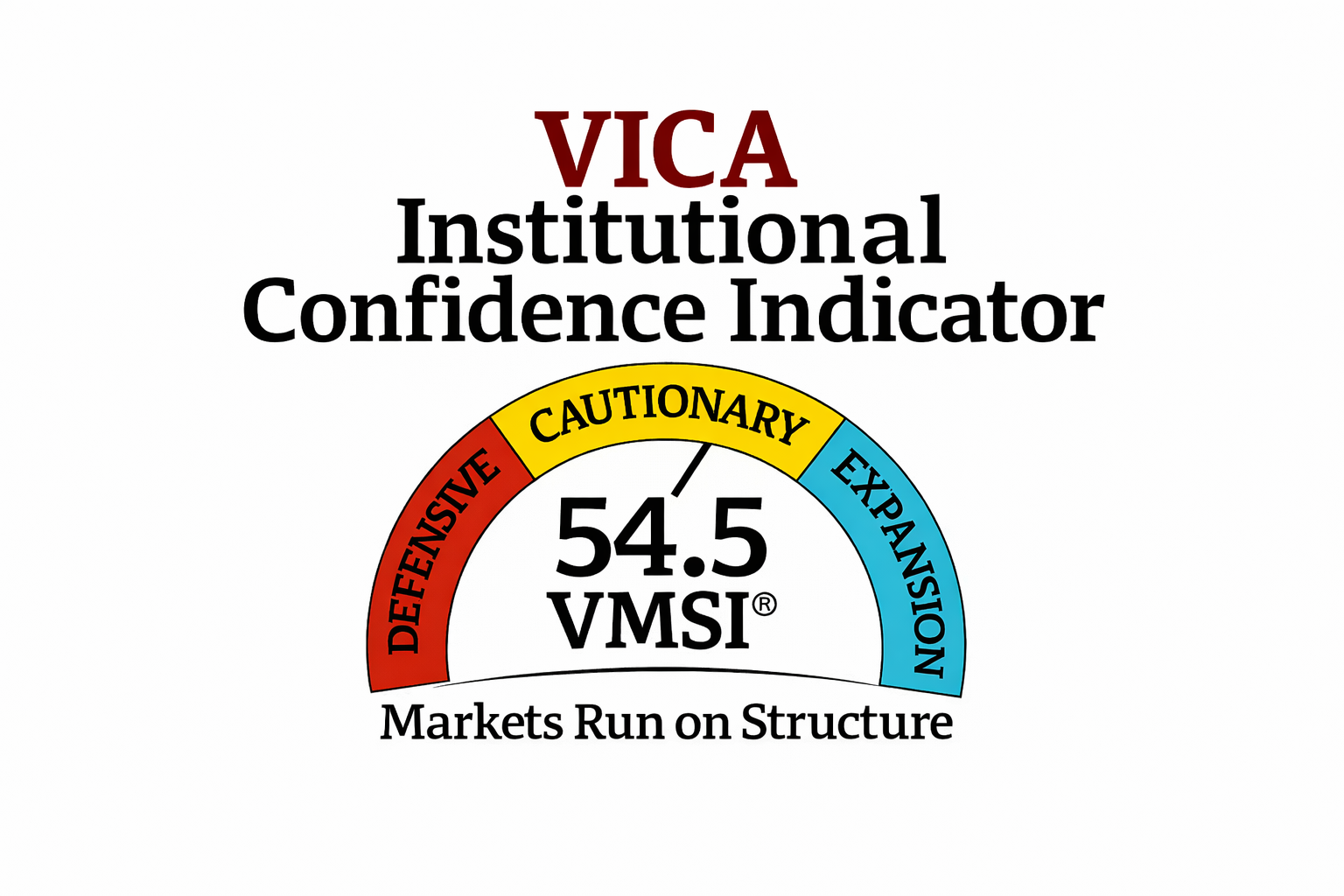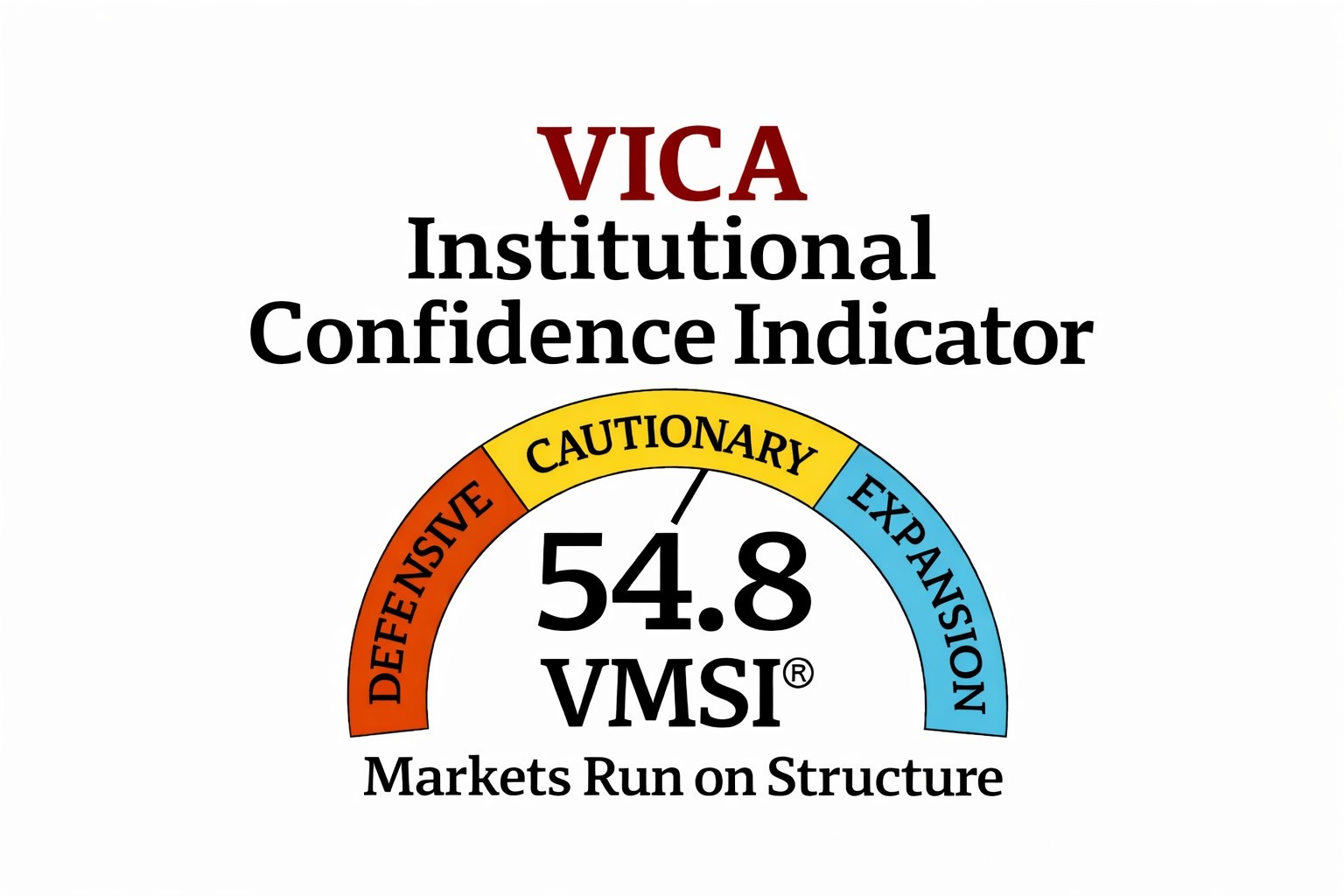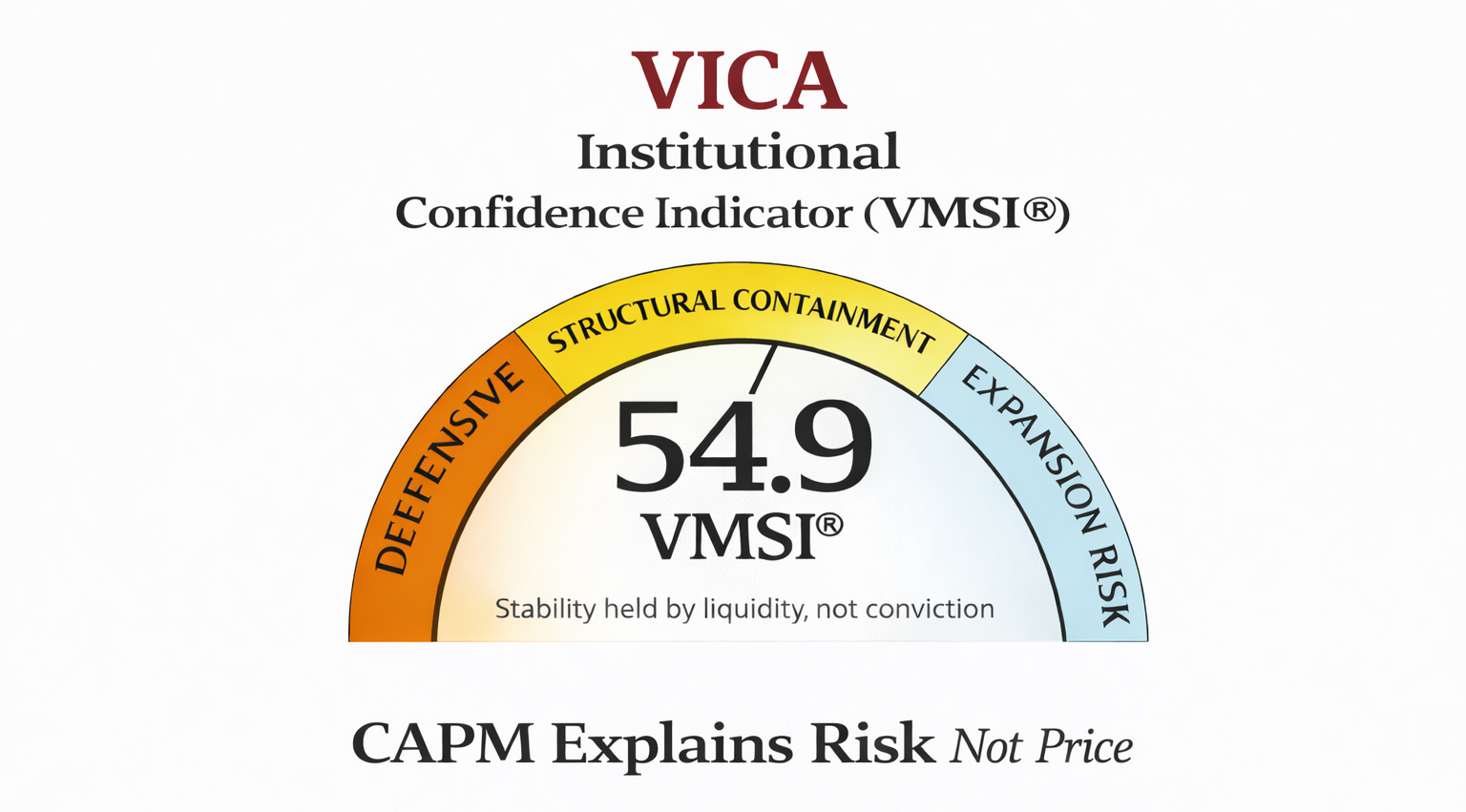INVESTOR SERIES
Understanding the relationship between interest rates and the stock market can help investors understand how changes may impact their investments.
National Bureau of Economic Research, reports nine recession since 1960, lasting an average of about a year. The most recent recessions were the 2008 financial crisis and the abbreviated two month 2020 COVID pandemic recession.
How Interest Rates Affect the U.S. Markets
It usually takes at least 3 months for a change in this interest rate to have a real economic impact on consumers whereas the stock market’s response is immediate.
Most investors have lost roughly 25% of their portfolios during the first six months of the year
Investors with larger positions in utilities, energy, healthcare and consumer basics have probably outperformed the average.
We expect a 12 Month Bear market following the Federal Reserve range of 3.75 to 4% interest rate end of year hike target.
Optimistically, U.S. unemployment and a slowdown in wage growth has the market betting that borrowing costs next year may not end up quite as high as previously anticipated.
Recessions can offer up market opportunity
Don’t try to time the markets! Dollar-cost averaging or systematically investing equal amounts of money at regular intervals, regardless of the price of a security safeguards owning fewer shares at higher prices.
Dividends are important as they increase cash flow and generally return more income as the stock price falls.
During a recession, dividends are reliable, and provide alternative, often a higher returning investment than bonds.
Historically recession-resistant sectors include…
Healthcare stocks like Merck & Co., Inc. (MRK), Pfizer Inc. (PFE), Johnson & Johnson (JNJ), UnitedHealth Group Incorporated (UNH) are strong companies in this sector as people can’t defer healthcare spending.
Consumer staples like grocery stores and packaged food makers tend to be highly recession-resistant and this includes household and personal products. Top companies include, Procter & Gamble Company (PG), General Mills, Inc. (GIS), Tyson Foods, Inc. (TSN) and The Coca-Cola Company (KO).
Utility companies, as demand for electricity, water, waste collection, and natural gas remains relatively stable. Companies such as American Water Works Company, Inc. (AWK), Waste Management, Inc. (WM), NextEra Energy, Inc. (NEE), Brookfield Infrastructure Partners L.P. (BIP) are strong staples.
Big box retail, as consumers spend carefully during recessions as people begin buying lower-priced items. Look to Walmart Inc. (WMT), The Home Depot, Inc. (HD) and Costco Wholesale Corporation (COST) as leaders here.
Finally and most important…
ETFs that specialize in consumer staples and non-cyclicals outperformed the broader market during recessions and top ones include, SPDR S&P 500 ETF Trust (SPY), Consumer Staples Select Sector SPDR Fund (XLP), iShares U.S. Healthcare Providers ETF (IHF), Vanguard Dividend Appreciation Index Fund (VIG), Utilities Select Sector SPDR Fund (XLU), Invesco Dynamic Food & Beverage ETF (PBJ) and Vanguard Consumer Staples Fund (VDC).




